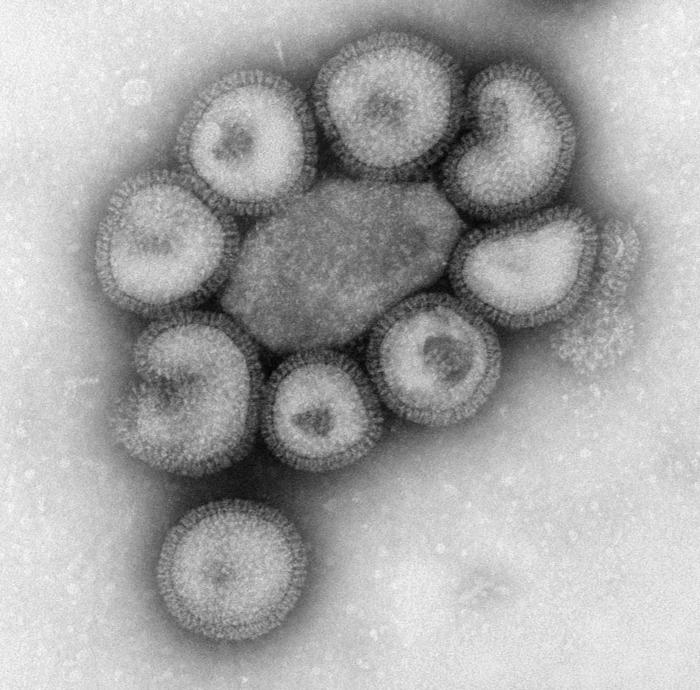Scientists in Australia have found a way to induce more robust immunity to flu, including possibly bird flu.
 Writing in the current edition of PNAS University of Melbourne researcher Stephen Turner and his colleagues explain how using a novel adjuvant, which is a chemical that can stimulate an immune response, can prime the immune system against multiple strains of the flu.
Writing in the current edition of PNAS University of Melbourne researcher Stephen Turner and his colleagues explain how using a novel adjuvant, which is a chemical that can stimulate an immune response, can prime the immune system against multiple strains of the flu.
In a series of experiments on mice the team found that animals given injections of alpha-galatosylceramide (a-GalCer) alongside killed flu virus particles developed a powerful immune memory that enable them to combat not just a live version of the same virus, but other strains of flu too. Normal flu vaccines trigger mainly the production of neutralising antibodies, which are proteins that can mop up and immobilise viral particles. As such, with the passage of time and if the virus mutates or an individual is exposed to a different strain of the agent the protection offered by the antibodies is weak or absent.
But the key to the new breakthrough is the central memory effect induced by the adjuvant. It stimulates a population of white blood cells called Natural Killer T cells (NKTs) using a receptor called CD1d. Once activated these cells, the team have shown, trigger the production of 'memory cells' which can recognise flu and be recruited rapidly and stimulated to divide whenever the virus is seen subsequently.
Critically, however, the memory that is established also includes activity against parts of the virus that are the same regardless of strain. These are known as conserved regions and are the viruses Achilles Heel because they cannot change. Alpha-GalCer is already in clinical trials as an adjuvant for use in other vaccines so, the authors point out in their paper, 'there is some justification for exploring this possibility with influenza.'
- Previous Shift-work linked to metabolic "clock"-up
- Next Mad fish disease










Comments
Add a comment